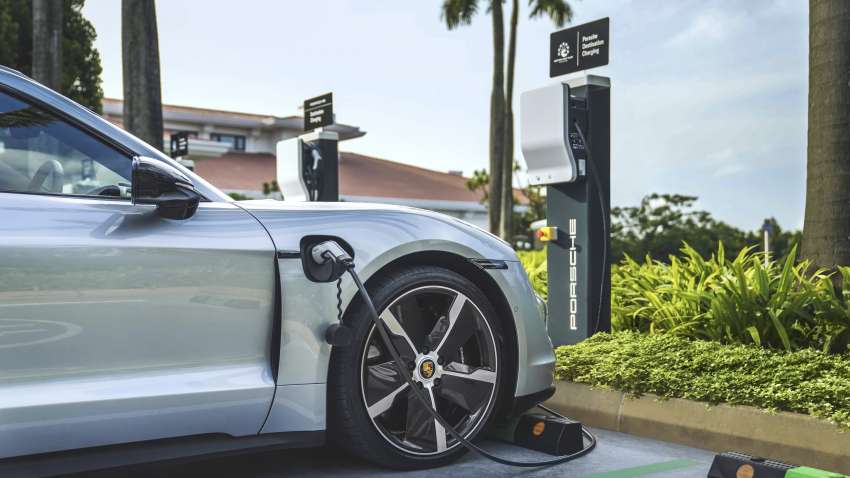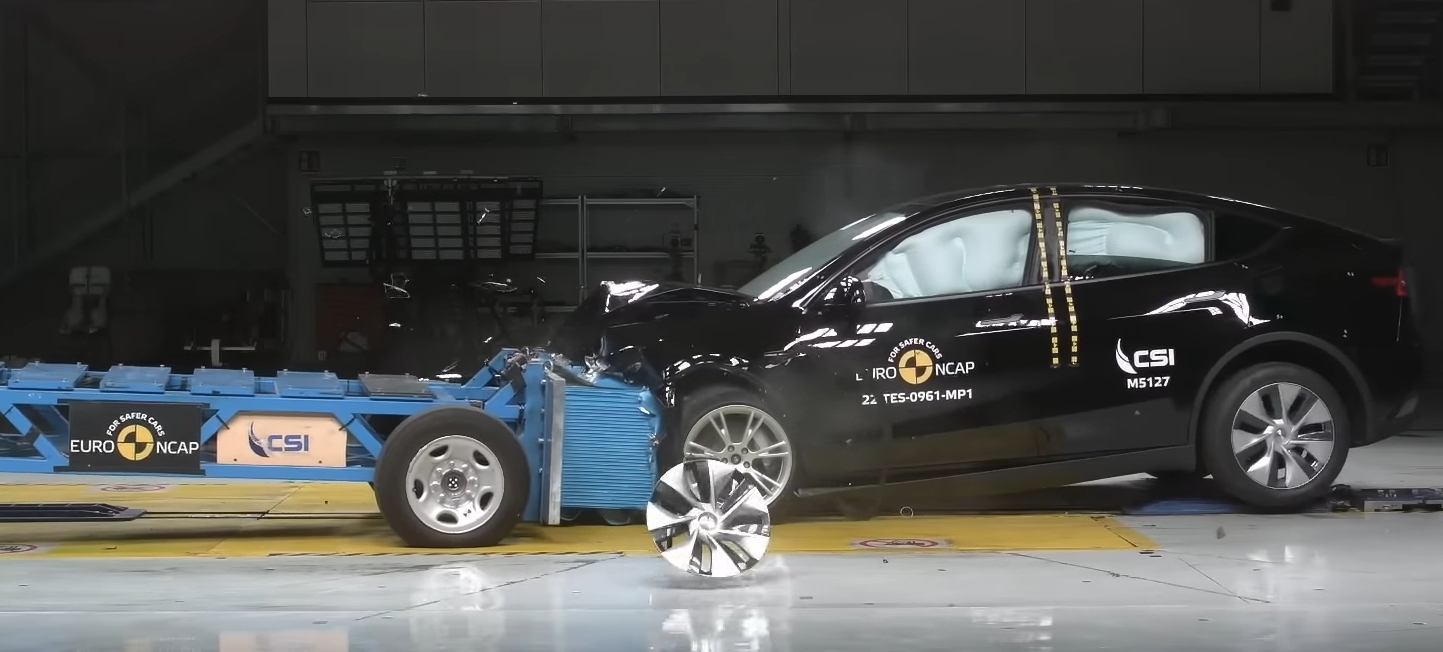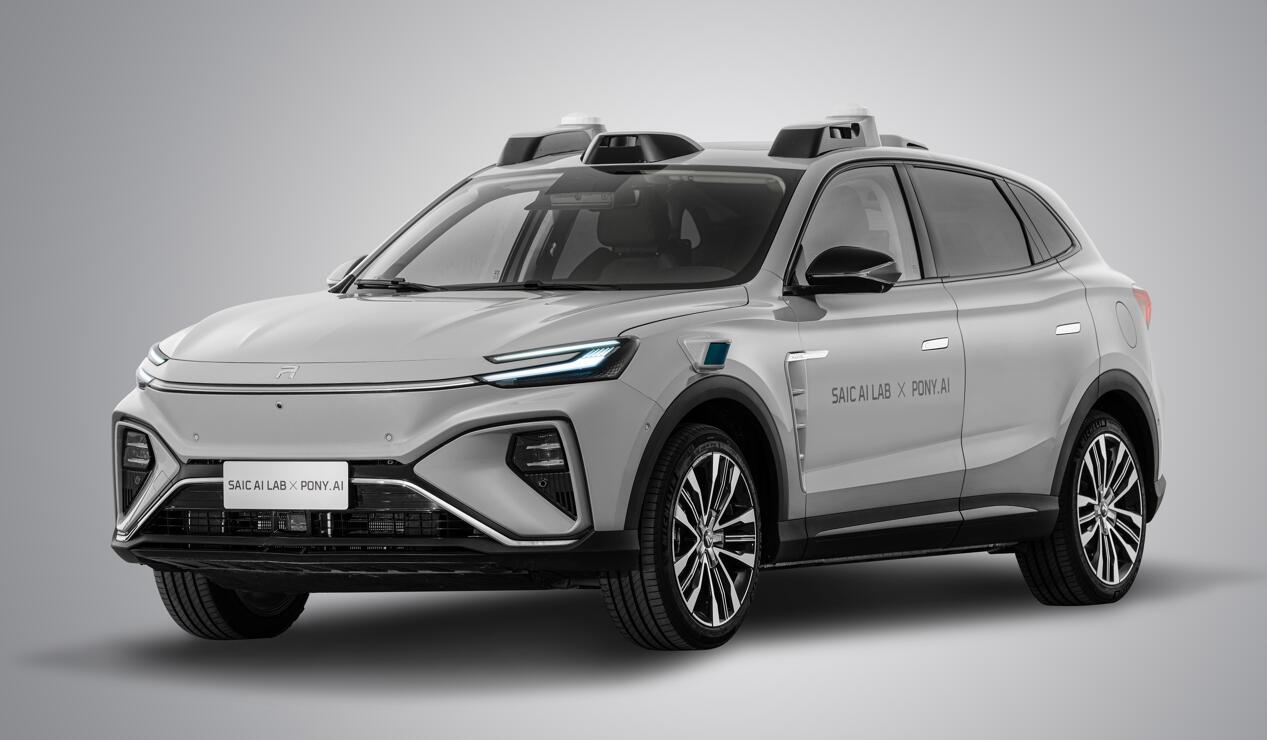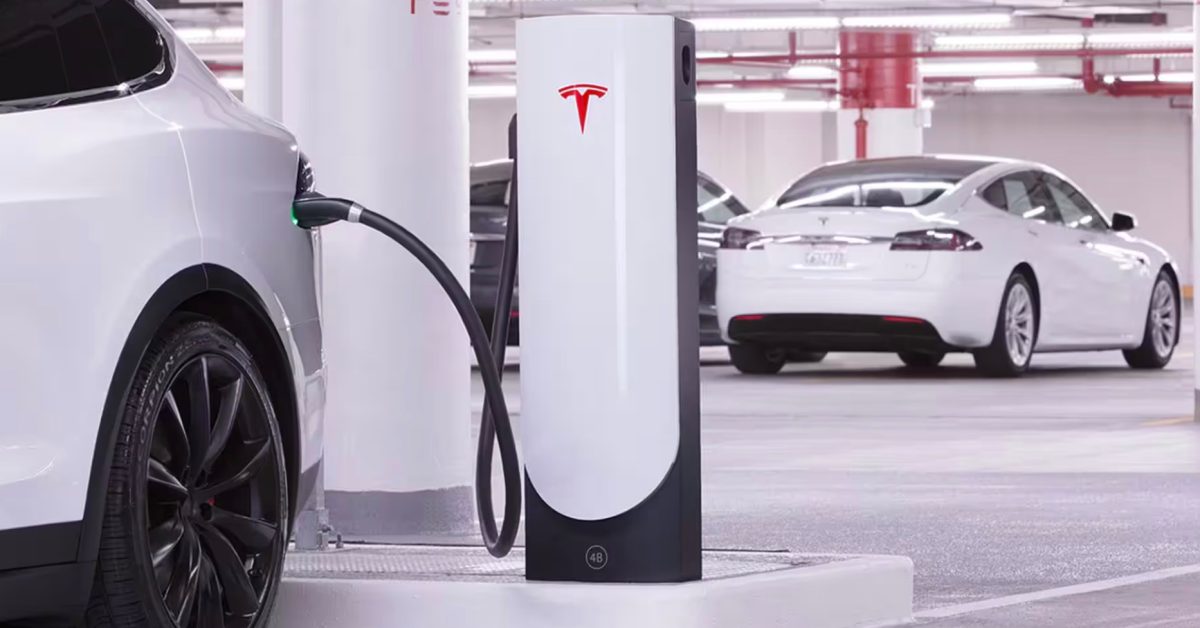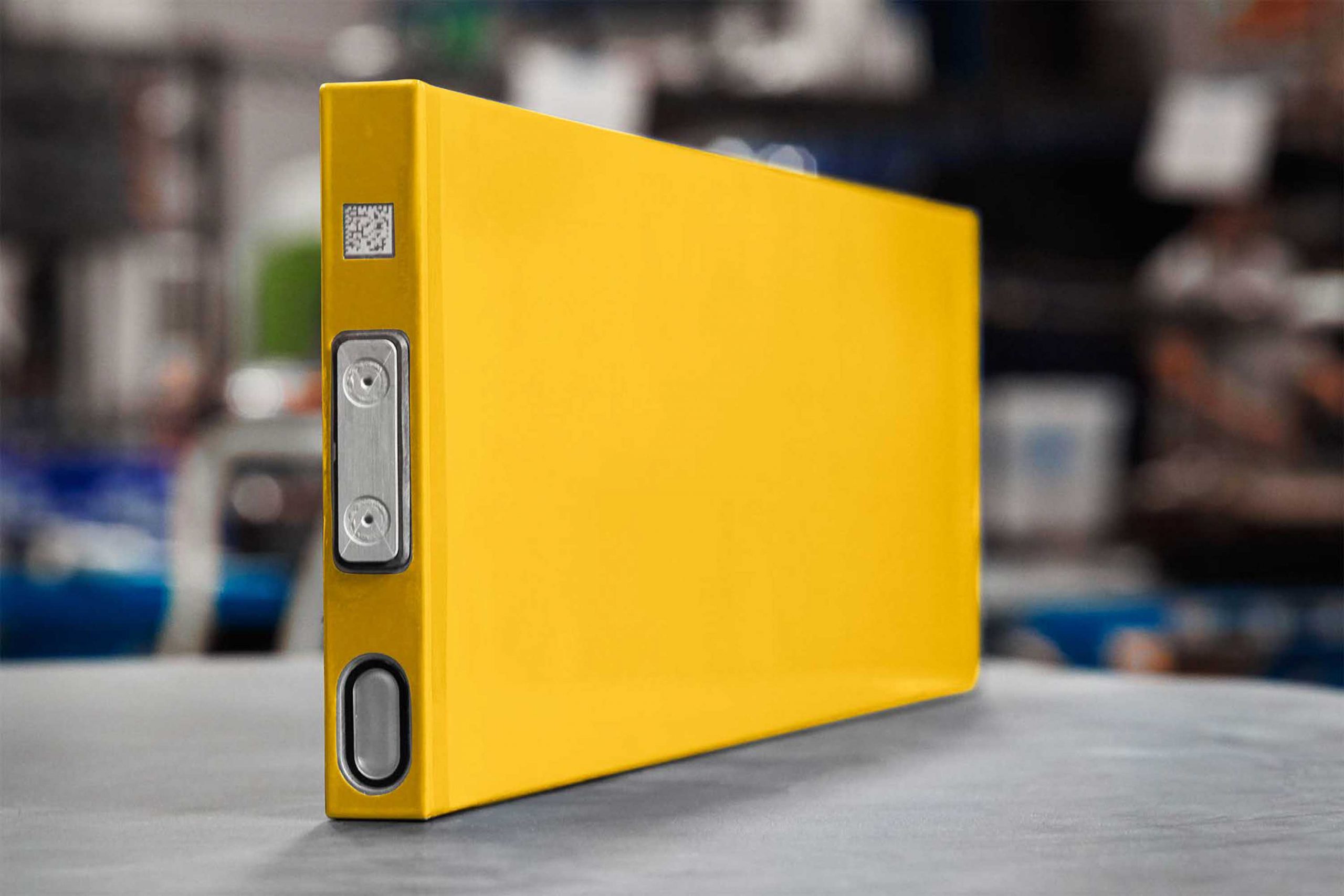Singaporeans prefer new laws to switch to electric cars according to research conducted by Polestar. There are about 42% of respondents support the banning of cars with internal combustion engines in 2030 or even sooner.
Studies show that 42% of consumers support banning internal combustion engine (ICE) cars by 2030. This figure increases to 47% for ICE-engined cars which will be banned if pushed back to 2035. Of those surveyed, 75% believe that society needs a vehicle. electricity to preserve the climate and environment for future generations.
Among the countries surveyed in the region, South Korea ranks highest with 48% welcoming a new law banning ICE cars by 2030 or earlier, followed by the UK (44%) and Singapore (42%). European countries followed Germany with 37%, while China reached 35%. Other notable entries including Australia (34%) and the US (33%), New Zealand (28%), Norway (27%) and Finland (20%) complete the list.
“With only 1.5% of vehicles on the road currently running on electricity, it’s clear we’re living in an EV bubble, not an EV boom,” said Thomas Ingenlath, CEO of Polestar. “We need state policies to lead with strong policies, both on infrastructure and tackling electricity prices so that consumers can confidently use electricity, but more importantly, automakers must act now and not wait for policy changes,” he added.
In June 2022, the European Council of Environment Ministers agreed that by 2035, new cars sold on the European market must be zero emission vehicles. Countries such as Thailand, Japan, UK and Canada have announced that ICE cars will be banned by 2035. Audi and Volkswagen have also said they will phase out ICE cars by 2035 while Subaru and Mazda announced that their vehicles will be electric-powered in the same year.
EU countries approve climate laws, new cars must be emissions-free after 2035

